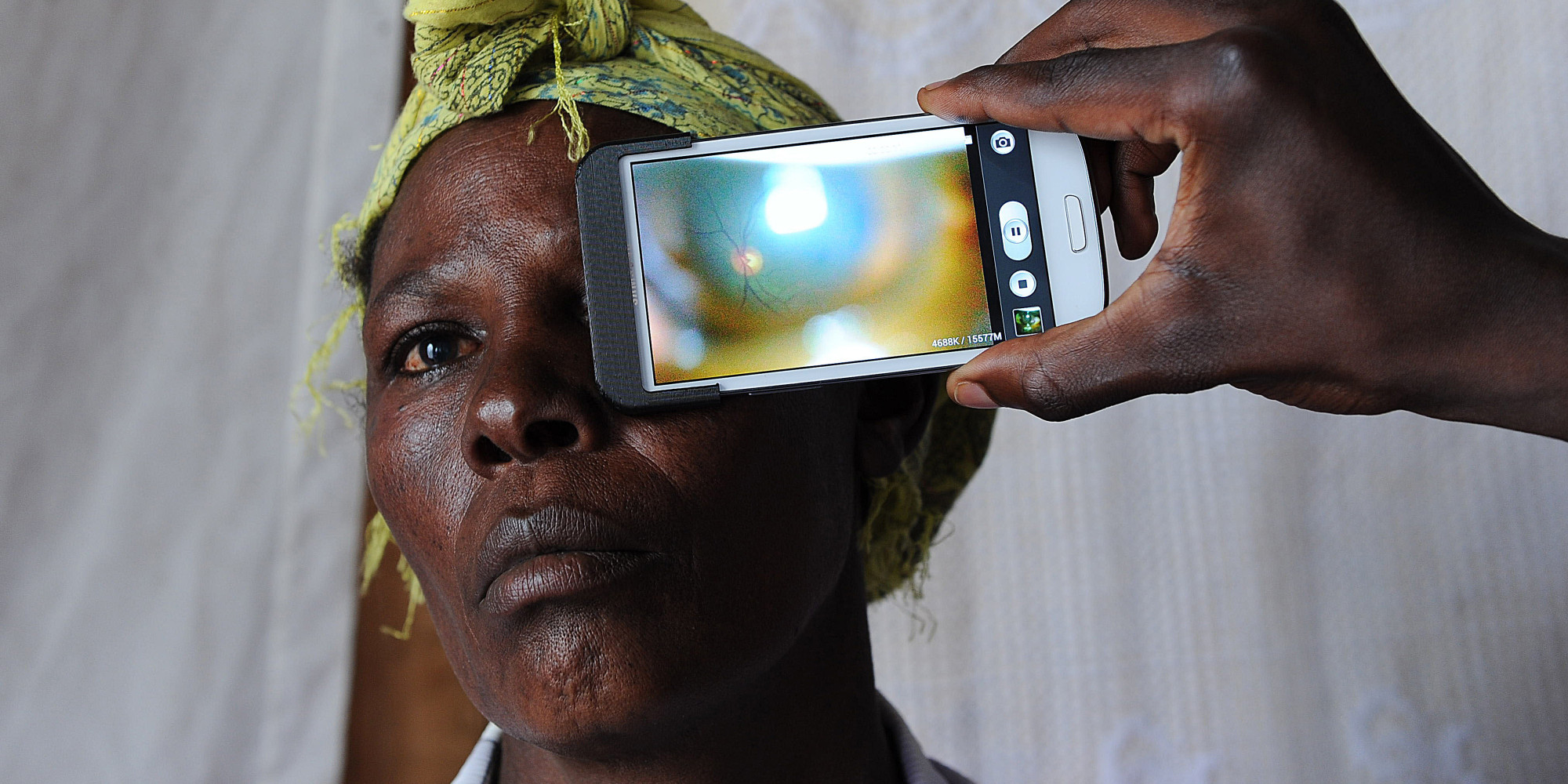News & Updates
Technology Giving Access to Healthcare in Africa
23 October 2017

Access to healthcare in African countries differs greatly from region to region; and from urban centres to rural villages. The distance one lives to an urban centre determines the access they have to medical services, and is frequently a barrier. According to the World Economic Forum, it is estimated that Africa holds a quarter of the world’s disease burden yet it is home to only 2% of its doctors. Digital access to critical professional services is set to be a potential game changer, especially in healthcare.
While infectious diseases are declining in Africa, non-communicable diseases like cancer are on the rise. Cancer, even in treatable cases, is extremely deadly in Africa due to the lack of access to diagnostic services and treatment. Some regions only have one pathologist per 1 million people. This gap is slowly being filled by technological innovations.
Mixed reality technologies unveil numerous possibilities to advance reach of health programmes and systems. Sierra Leone roboticist David Sengeh is using artificial intelligence to detect risk of cervical cancer. The software can be trained with a database of images to detect colour changes in the cervix that are attributed to a high risk of the disease. This technology can have a great impact on curing this treatable cancer that presently results in 60,000 deaths every year across the African continent.
American ear surgeon Susan Emmett is currently testing out mobile screening technology to measure hearing capacity that would cost ten times less than traditional methods. The technology uses noise-cancelling headphones, a mobile phone and an adapter to transfer the data from the headphones to the phone. This technology removes the need for an audiologist, permanent equipment and a soundproof room, all of which are hard to come by in Malawi where there are only 2 ear surgeons and 11 audiologists across the entire country.
Pratik Shah of the Massachusetts Institute of Technology has developed software that uses a cell phone camera to identify biomarkers for oral cancer. While oral cancer is the sixth most common type of cancer globally, it is the third most common cancer in developing nations where the lack of access to treatment results in a very high mortality rate.
Andrew Bastawrous’ “eye-phone” is made up of a clip-on device and paired app for mobile phones that takes images of the back of the eye to measure sight, and sends these results to the app to be read. This technology could have a major impact on visual impairment in Africa, where 15.3% of the world’s blind population lives. Approximately 80% of blindness is preventable with current knowledge and technology, and improved access to these innovations could drastically improve eye health in Africa.
All of these emerging technologies have the opportunity to improve the health of many across Africa. As these innovations are developed and dispersed across the continent, progress can be made towards SDG 3: ensuring healthy lives and promoting well-being for all at all ages.
Taking place on 27-28 February 2018 in Nairobi, Kenya, the Aid & Development Africa Summit will explore the impact of mixed reality technologies on the African healthcare landscape. The Summit agenda offers an update on regional health programmes and collaborations, as well as innovations and best practice in disease prevention. Expert speakers including Matthias Boyen, UAV Focal Point - HIV/AIDS support project officer at the UNICEF, Olawale Maiyegun, Director of Department of Social Affairs at African Union Commission, Mamadou Biteye, Managing Director of The Rockefeller Foundation and Alberto Ibanez Llario, WASH And Solar Specialist at IOM will share insights and ways to leverage local innovation and engage key stakeholders in order to enable access to crucial health care services in East Africa. See agenda at http://africa.aidforum.org/agenda
The Aid & Development Africa Summit features keynote presentations, interactive sessions, themed roundtables, Innovator of the Year Award and an evening drinks reception to engage with humanitarian and development leaders, decision makers and advisors committed to achieving the health Sustainable Development Goals (SDGs) in the region.
For more information about Aid & Development Africa Summit, please visit http://africa.aidforum.org or get in touch with Alina O’Keeffe, Head of Marketing, Aid & International Development Forum (AIDF) at marketing@aidforum.org
Read more about these technological innovations here.
Image Source: African Business